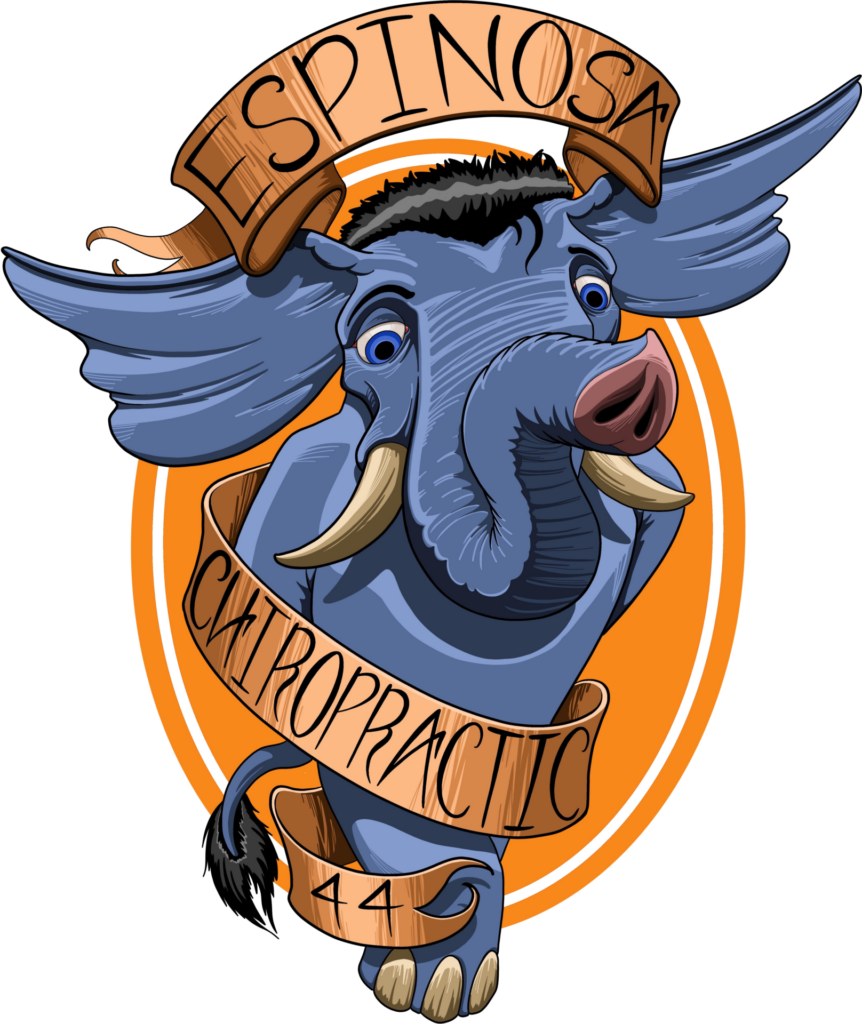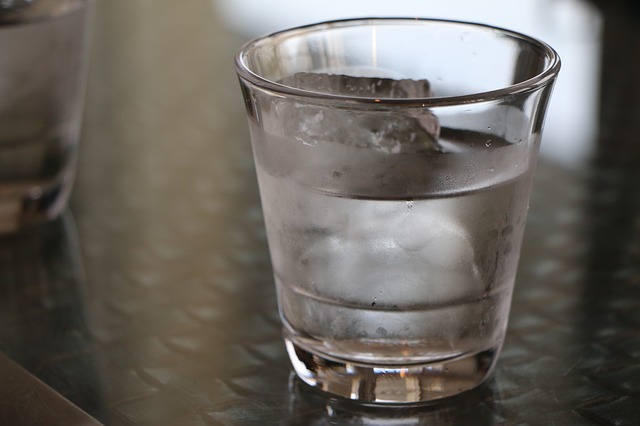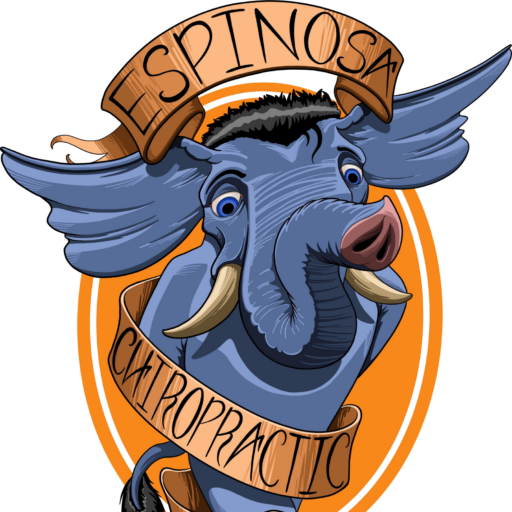Archive for May 2023
Water for Weight Management
Weight management is an integral part of any health plan and the importance only becomes more pronounced as we get older. When we decide to “diet,” to lose weight or use nutrition to maintain a healthy weight, it is important to take stock of your pantry. Diet is about attitude: if you choose to believe it and pursue it, eating healthy ingredients can be as easy as eating conveniently. A nutrient that exemplifies this: H2O. The plain and simple truth: drinking more water can help you lose more weight.
Drinking water helps boost your resting energy expenditure, which is measured by the amount of calories you burn without activity. With no exercise involved, drinking water boosts REE by up to 30% for about an hour after consuming 1/2 liter of water.
Drinking water helps curb your appetite. Perhaps because it makes you feel full, drinking water before meals reduces appetite, leading to less calorie consumption and more weight loss.
Replacing soda, alcohol or coffee with water is one of the best things you can do to impact your health immediately. Each of these liquid alternatives come with their own set of negatives, whether it is empty calories or high sugar content, they are at best mildly refreshing and, at worst, fat-building and dehydrating. If you made no other lifestyle changes at all in terms of exercise or other dietary considerations, drinking more water would still help you lose weight over a 12 month period.
Alcohol and Healing
For people trying to rehabilitate from a variety of back-pain inducing conditions and injuries, the pain-masking effect of alcohol could be causing you more trouble than the consumption is worth. Alcohol is known for it’s anesthetic quality which make it an easy go-to when severe pain or stiffness has got you down. However, along with this comes a host of other side-effects which could be sabotaging your rehabilitation progress.
- Pain is a signal: we shouldn’t try to block out clear distress calls from our body. Instead, we should focus on finding the root of the problem, healing it, and strengthening to prevent further injury.
- Alcohol is an impediment: muscle growth, hydration and energy levels are all affected negatively by alcohol.
- Sleep deprivation: faulty logic leads us to think that the sedative effect of alcohol helps us reap a restful and productive sleep. While it may help you to clock out, achieving the full benefits of REM sleep is made more difficult with alcohol consumption.
- Encouraging a sedentary lifestyle: Alcohol inhibits us from following through with activities that would have gotten our bodies moving and strengthening.
At our office, we help people find balance. When seeking success in injury recovery, we want to stack as many odds in our favor as possible. Alcohol, for all its effects negative and positive, could be counter-productive to your rehab plan. We can provide you with chiropractic adjustment, therapeutic massage, and teach you stretching and corrective exercise that will keep your joints limber and muscles strong. From there, minor lifestyle adjustments can make the difference between an efficient recovery and a drawn-out one.
The Perfect Pillow
It’s time to take stock of your pillow flock. How many of them are providing you with the comfort and support needed to sleep productively? On the flip side, how many of them are causing you to toss and turn in discomfort, and putting you at risk for obesity and depression? If assigning such serious outcomes to an inanimate object seems excessive, the logic is simple: a less perfect pillow causes you to get less rest. Less rest and sleeping at an improper angle will worsen the following symptoms:
- Headaches
- Neck pain
- Breathing
- Back pain
- Mental clarity
- Physical performance
If you have been holding on to a beloved bag of feathers, it may be time to toss it aside and invest in a better pillow. The elements of a good pillow are simple: while brands vary in quality, you want to seek out a pillow that maintains the neutral alignment of your spine by assuming the space between mattress and neck. In this picture, your spine would maintain a straight line through the neck region. This means different things to different sleepers:
A side-sleeper wants a firmer pillow to assume the distance between the mattress and neck, as measured from the outside of the shoulder.
A back-sleeper wants a thinner pillow to avoid moving the head at too much of a forward angle.
Stomach-sleepers may not need a pillow at all. However, using a pillow under the stomach can prevent the lower back pain that befalls many stomach sleepers.
A pillow can be a very important and sentimental purchase. Taking the time to find the right one can make all the difference in your well-being. For help maintaining spinal alignment throughout all phases of day and night, give our office a call to schedule an appointment.



